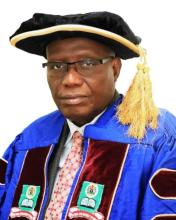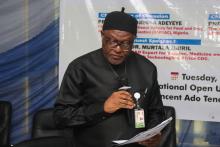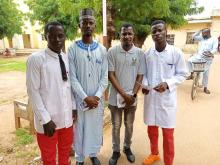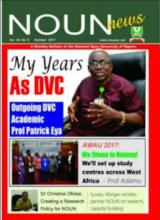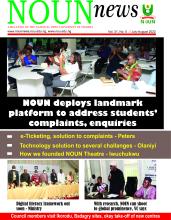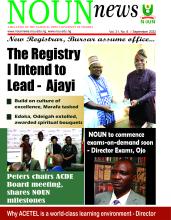
A Professor of Public Health at the National Open University of Nigeria (NOUN), Gloria Oiyahumen Anetor, has stated that the One Health approach, which emphasises the interconnectedness of human, animal, and environmental health, cannot succeed unless it is anchored in robust and widespread public health education.
She made this known during the 33rd Inaugural Lecture of the NOUN, held on Thursday at the university's headquarters in Abuja.
Anetor, of the university's Faculty of Health Sciences, asserted that “achieving the One-Health concept is a mirage without public health education.”
In the lecture, titled: “Achieving the One Health Concept: A Mirage Without Public Health Education,” she called public health education the “front row” of any national health strategy and warned that neglecting it leaves a dangerous gap in global health preparedness.
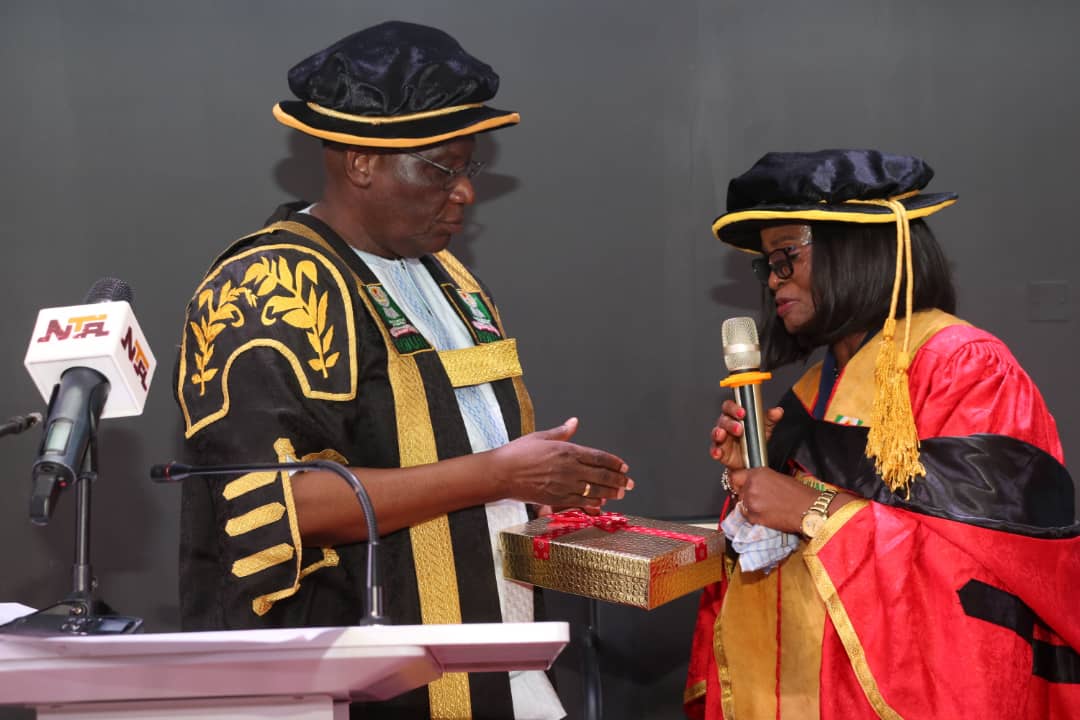
She criticised the under-recognition of health educators and called for greater investment in school-based programmes, graduate studies, and community-led initiatives.
“Health educators are not just messengers—they are translators of complex health information into life-saving community programs,” she said.
Anetor noted that public health and health education are two sides of the same coin, and without equipping populations with the knowledge and behaviours that promote wellness, the entire One Health framework collapses.
“We cannot look at human health in isolation; a healthy environment and healthy animals are inseparable from healthy humans,” she added.
The professor emphasised that more than 60% of human diseases are zoonotic—transmitted from animals to humans—a statistic that underscores the need for an integrated health approach.
She cited historical and contemporary examples ranging from Minamata disease in Japan to the recent COVID-19 pandemic, all reinforcing the relevance of the One Health model.
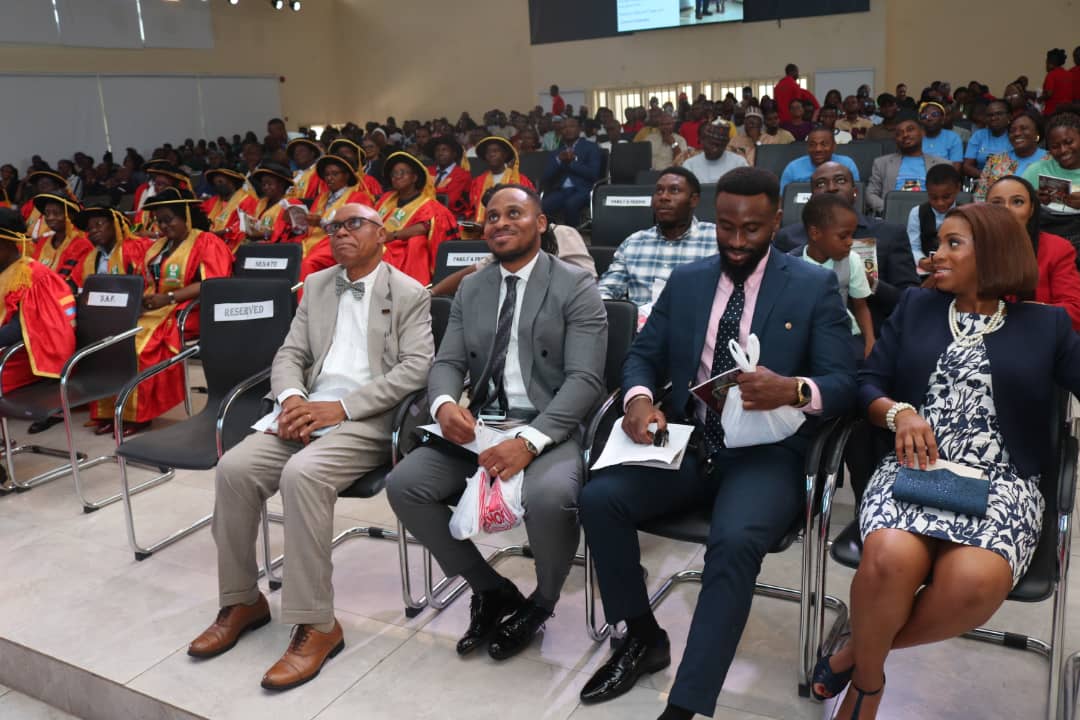
She stressed that health education is not merely about awareness but about behavioural change, especially in addressing lifestyle-related conditions like cancer and stroke.
Tackling health issues in Nigeria, she argued, requires a holistic, multisectoral collaboration.
Anetor identified pollution, poor waste management, and climate change as factors that not only degrade the environment but also create breeding grounds for disease vectors.
She added that public health education programmes empower communities to protect water sources, reduce toxic waste, and advocate for sustainable agriculture.
Highlighting the impact of global crises—from pandemics to natural disasters—on health systems, Anetor maintained that public health education is the first line of defence in resilience-building, as it enables communities to respond to, recover from, and prevent future health threats.
To address these One Health challenges, she called for livestock vaccination programmes and better sanitation around abattoirs, urging cooperative health initiatives involving veterinarians and human healthcare workers.
Anetor also called on policymakers to embed public health education within national health and environmental strategies to foster a unified approach, as One Health demands policy coherence across ministries of health, environment, agriculture, and education.
She said: “One Health is not just a theory, it is a blueprint for survival in an increasingly interconnected world. And without public health education, that blueprint is incomplete.”
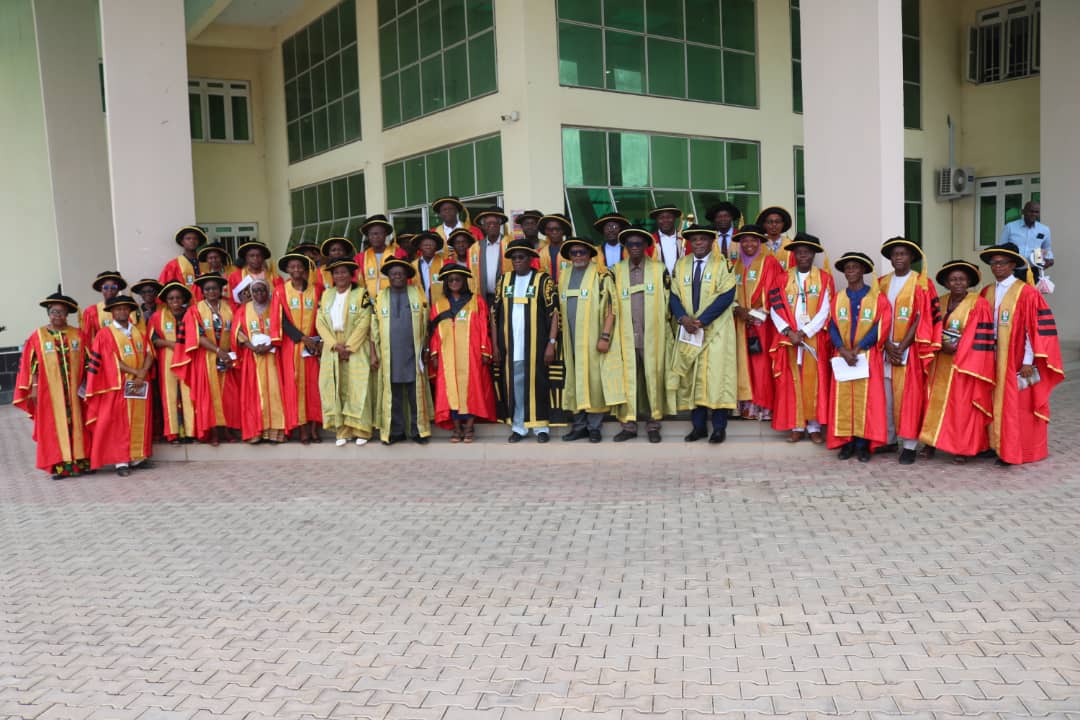
Earlier in his address, the Vice-Chancellor of NOUN, Professor Olufemi Peters, commended the Faculty of Health Sciences, the host faculty, and noted the collaboration across disciplines in NOUN, particularly between the Faculties of Health Sciences and Education, as a testament to the university’s interdisciplinary spirit.
The vice-chancellor paid glowing tribute to Anetor’s scholarly achievements, describing her as a product of tenacity, resilience, and intellectual rigour.
He emphasised that the honour of delivering an inaugural lecture is not lightly earned but reflects years of impactful research, teaching, and service.
“Her works and contributions to health education are a testimony to her commitment to academia and the betterment of society,” he said.
Peters urged staff across all faculties to remain committed to the core academic values of curiosity, critical thinking, and knowledge dissemination, noting that the university is a place of inquiry and discovery.
The Deputy Vice-Chancellor (Academic), Professor Chiedu Mafiana, in his vote of thanks, expressed appreciation to Anetor for delivering such a thought-provoking and insightful lecture.
He praised her dedication to advancing and advocating public health education, noting that the lecture would serve as a key reference point for scholars, health practitioners, and policymakers alike.
The event was well attended by the NOUN principal officers, top academics, teaching and non-teaching staff, as well as the Inaugural Lecturer's family members.
- Log in to post comments
- 237 views


